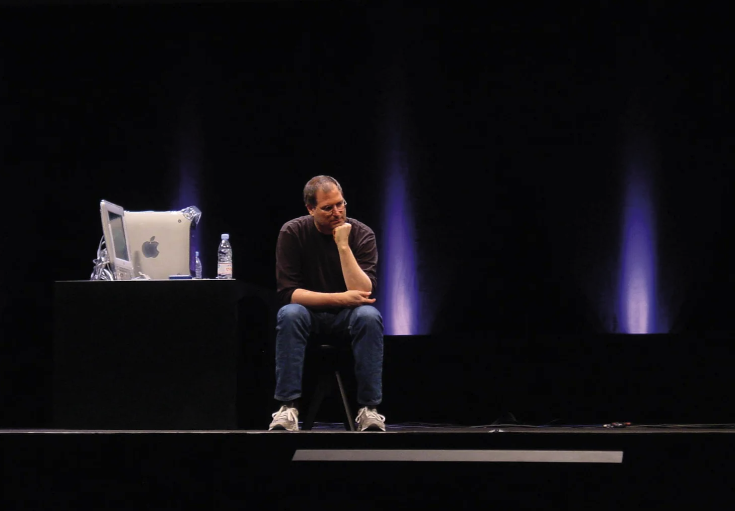
Sponsored By: Brave
This essay is brought to you by Brave, the web browser that makes the internet ad-free (even on Youtube). It's faster than Chrome and more private than Safari, plus it works with your favorite extensions.
Life can be much broader once you discover one simple fact—and that is: everything around you that you call life was made up by people that were no smarter than you. - Steve Jobs
Steve Jobs was objectively cruel. Time and time again he demonstrated a capacity for brutal coldness that is hard to read about. He abandoned his daughter, casually discarded people he called friends, and had a staggering amount of self-obsession.
Steve Jobs was objectively brilliant. He revolutionized personal computing three distinct times (the Apple 2, the Macintosh, and the iPhone). His lectures on product and design demonstrate a unique empathy toward people’s needs. He helped build a technology giant in Apple and a cultural giant in Pixar.
Talent and terror. Cruelty and compassion. Genius and narcissism. To accept Jobs (and by extension every person who changed the world) you have to accept this duality.
Still, when Make Something Wonderful was published on Tuesday, April 11th, I found myself accidentally slipping into fandom. The ebook is a compilation of emails, interviews, and lectures that Jobs gave. One part oral history, one part product design ethos lecture, the book was designed by Jony Ive’s creative agency LoveFrom and has a foreword from his widow Laurene Powell Jobs. It is exquisitely done and I devoured it all in one sitting. Perhaps unsurprisingly given who created it, the book does not delve at all into the complications of Job’s past. Instead, it revels only in the godlike powers of Apple’s cofounder.
Despite my struggle with how Jobs treated others, the book lit a fire in my soul. It ignited that part of me that desires to create. I finished it and my bones itched. My fingers tapped. There was a yearning in my hands to write and write and write and write until the world was reshaped by the force of my will.
In that, this book, and Jobs himself, was special. He inspired that in all of us.
His ethos of product is sorely missing in technology today. The beauty of craft and the importance of aesthetics—all the hallmarks of the Apple of old—are absent. In our hyper-optimized-LTV/CAC ratio-have-you-read-the-latest-tweet-thread-bro world, the simplicity of Jobs’ philosophy is intensely appealing.
It is worth engaging with Make Something Wonderful as a book of aspirations versus a canonical depiction of a complicated reality.
With that in mind, there were four meta-points that stood out to me.
Tech and content have dramatically different DNA, and can, sometimes, produce incredible results when paired
I can think of no other executive who simultaneously advanced the creative and technological arts as much as he did. When he was brought back to Apple, it was supposed to only be on an interim basis, so he retained his job as CEO at Pixar. Can you imagine doing that? Not only was he running the best animation studio of the last 50 years he was also running the company that invented personal computing. Plus, Apple was months away from bankruptcy! What an incredible challenge.
Jobs upon his return to Apple
Jobs came out of the gate hot during his return to Apple. He slashed the product line from 17 SKUs to 4. He did massive layoffs. Then he held a meeting to debut his masterstroke: a new ad campaign entitled Think Different.
“We were up till three o’clock last night finishing this advertising, and I want to show it to you in a minute—see what you think of it. I’ve been back about eight to ten weeks, and we’ve been working really hard. What we’re trying to do is not something really highfalutin. We’re trying to get back to the basics.”
They launched with this video. It is an ad that I still watch a couple times a year:
Apple Think Different - Steve Jobs Narrated Version
This ad represents the merge of the technological and creative capabilities Jobs had. How was he able to do this? He had a ton of respect for both of these crafts.
“I’ve watched people at Pixar making these films, and they work as hard as I’ve seen anybody in a technology company ever work. The creative process is as disciplined as any engineering process I’ve ever seen in my life. And they’re as passionate about it as any technical person I’ve ever seen.
On the other hand, the content companies have no appreciation of the creative process in the technical companies. They think that technology is something that you write a check for and buy. That’s it. And they do not understand that there’s a wide, dynamic range of capability and elegance. They don’t understand the creativity in the process. So these are like ships passing in the night.”
The Only Subscription
You Need to
Stay at the
Edge of AI
The essential toolkit for those shaping the future
"This might be the best value you
can get from an AI subscription."
- Jay S.
Join 100,000+ leaders, builders, and innovators

Email address
Already have an account? Sign in
What is included in a subscription?
Daily insights from AI pioneers + early access to powerful AI tools
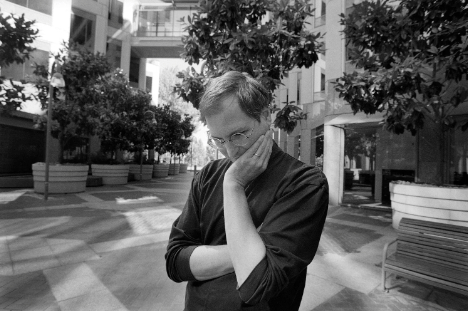
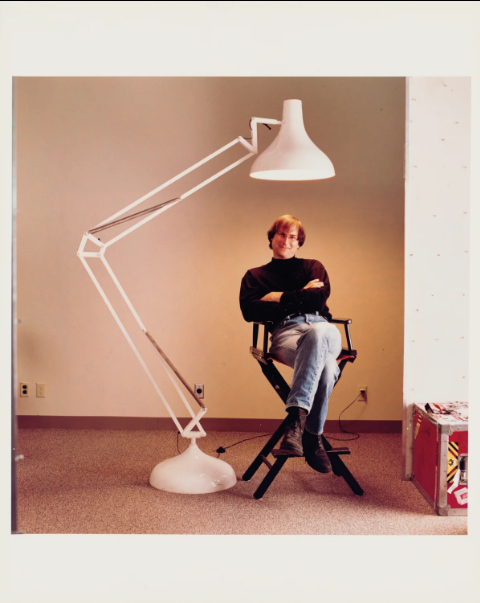






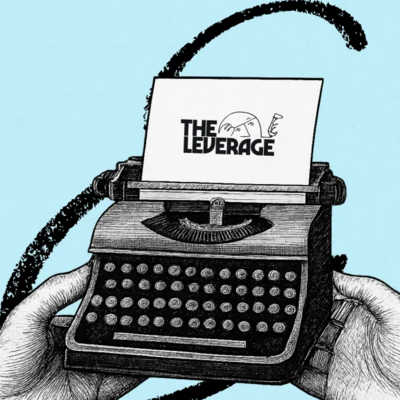

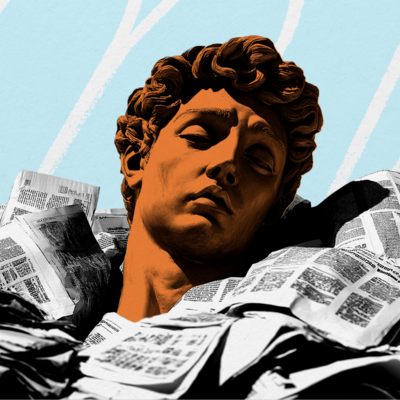

Comments
Don't have an account? Sign up!
Love it 😍
Amen
What a wonderful piece of writing. Thank you 🤍✨